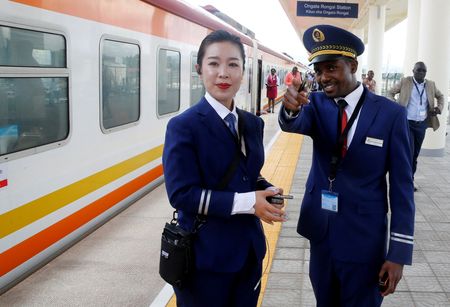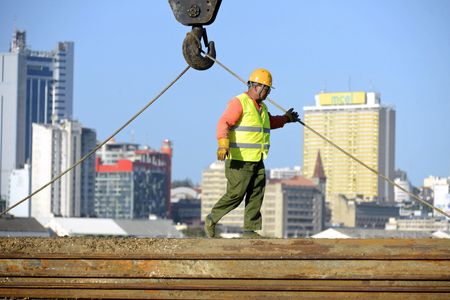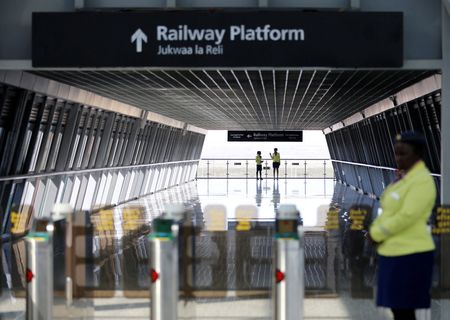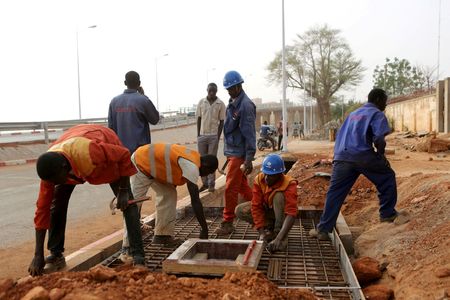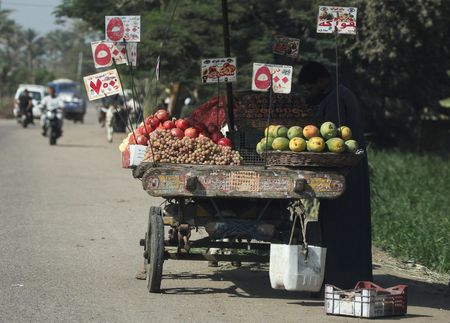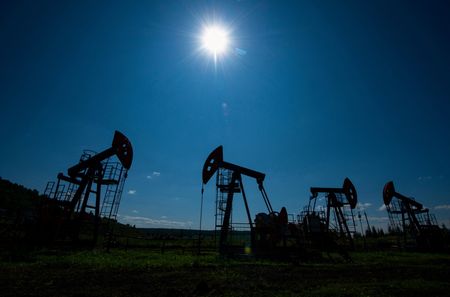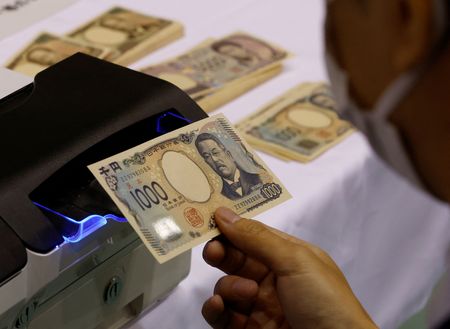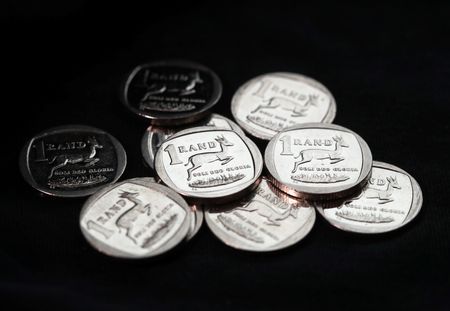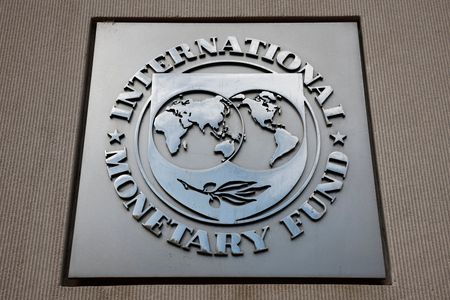By Colleen Goko
JOHANNESBURG (Reuters) -Developing nations are now paying more to service debt owed to China than they receive in new loans, a shift that risks deepening economic strain and slowing climate investment, a report released on Friday by Boston University’s Global Development Policy Center found.
The study, titled Reviving Chinese Development Finance in the Global South, revealed that net debt transfers—calculated as new loan disbursements minus principal and interest repayments—turned negative in 2022 and 2023, with developing nations repaying $3.9 billion more annually than they borrowed.
China, the world’s largest bilateral creditor, has historically played a key role in financing infrastructure projects across the Global South, committing over $472 billion through its policy banks—the China Development Bank and Export-Import Bank—between 2008 and 2024.
These funds supported more than 900 projects worth $316 billion in transport, energy, information technology, and water infrastructure, which “significantly contributed to public asset building, economic growth and poverty alleviation in the Global South,” authors Rebecca Ray, Kevin Gallagher, Zheng Zhai, Marina Zucker-Marques, and Yan Liang wrote in the study.
A revival by Beijing to overseas development finance could avoid derailing growth and climate investment across poorer nations.
“Countries across the Global South are in urgent need of a stepwise increase in financing to invest in low-carbon, socially inclusive and resilient economic growth,” the authors said.
The paper proposed five steps which would be mutually beneficial for China and the Global South: refinancing loans in distress, issuing RMB-denominated bonds, expanding green lending, supporting cooperative foreign investment and boosting South–South trade.
“Restarting growth-enhancing development finance in the Global South will help spur demand for Chinese exports,” they said.
Some of this is already happening. In June, China said it was making progress on removing all tariffs on the African states with which it has diplomatic ties.
Afreximbank launched its debut yuan denominated panda bond in April. In South Africa, the China-Africa Development Fund is preparing to bid for independent energy transition projects in Africa’s most industrialized economy.
And in Kenya, Finance Minister John Mbadi said this week that three Chinese railway construction loans have been converted from dollars to yuan to save on interest costs.
(Reporting by Colleen Goko, Editing by Nick Zieminski)

